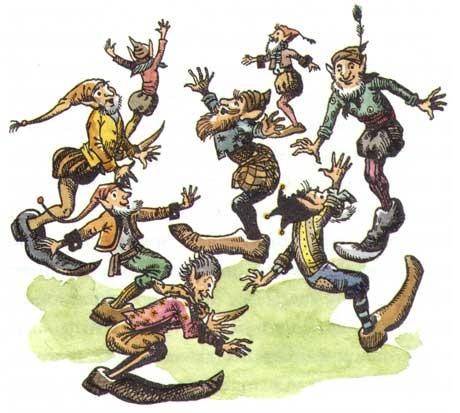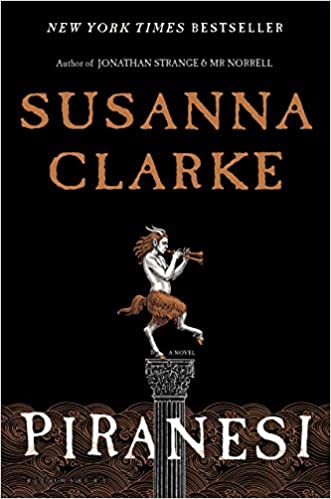A Confederacy of Dufflepuds
Question: Is it too late to dress up as a dufflepud for Halloween?
Sometimes it seems that all around me are dufflepuds–those one-footed, herd-mentality little creatures in The Voyage of the Dawn Treader. They’re ruled by a wise magician who was once a star, but they see him as an enemy and throw themselves giddily behind a “head duffer”–a loud-mouthed egotist who ventures only the most pedestrian and obvious of pronouncements, all of which are greeted by an earsplitting chorus of agreement by his fellow duffers.
Where I live, at least, dufflepuds are thriving. They populate this village, which once hosted several big businesses, all of which moved on and left a dependent, clannish mindset in their wake. They populate the airport where my husband ran his business, now defaulted to a social club with little or no aviation services. They even populate my former church, to an extent. Maybe they (we?) inhabit the status quo everywhere it exists unquestioned.
What does it take to be a dufflepud? For starters, clannishness, stubbornness, fear of truly higher authority… Easy enough to become one, ‘at it is, ‘at it is. I never heard a truer word. Wendell Berry’s poem, “Manifesto: The Mad Farmer Liberation Front,” contains a good basic prescription for dufflepuddery:
“Love the quick profit, the annual raise, vacation with pay. Want more of everything ready-made. Be afraid to know your neighbors and to die. And you will have a window in your head. Not even your future will be a mystery anymore. Your mind will be punched in a card and shut away in a little drawer. When they want you to buy something they will call you…”
Fortunately, the poem also contains his prescription for breaking out of dufferdom (though to some extent it’s fighting dufferdom with dufferdom): “So, friends, every day do something that won’t compute. Love the Lord. Love the world. Work for nothing. Take all that you have and be poor… Give your approval to all you do not understand. Praise ignorance, for what man has not encountered he has not destroyed. Ask the questions that have no answers…”
Ahh, that one. Questions that have no answers. I guess you never know till you ask. My question is… To what extent am I a dufflepud already? Sometimes it seems that all the systems in place in our culture produce a dufflepud mentality–unthinking, ridiculous, clumsy, dependent. How does any of us escape?
But what makes a duffer, in the end, is the duffer. I’m not clannish, I don’t think. But stubborn and fearful of authority? ’At I am, ‘at I am. I’m glad Lewis provides the dialogue between Lucy, Aslan and the magician who rules the island of the dufflepuds, showing their unmistakable love and patience toward the silly creatures. Probably the first significant elevation in the character of the dufflepuds will be marked by an ability to love one another.



